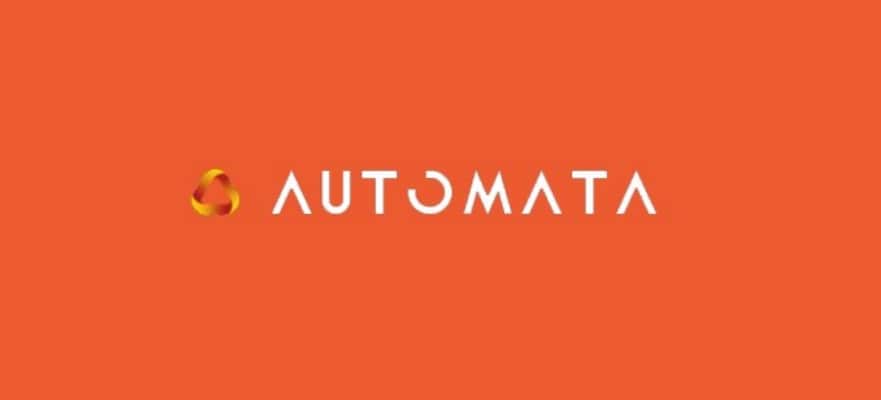Decentralized service protocol, Automata Network, is one of the pioneer innovations to build privacy-focused solutions for decentralized ecosystems.
The firm, which recently raised $2.4 million in its latest funding round, seeks to provide DApp developers with privacy middleware to build anonymity solutions.
According to Automata’s Co-Founder, Deli Gong, privacy will play a significant part as industries shift from centralized architecture to decentralized platforms.
“We believe that taking a break away from centralized infrastructure is only the beginning and that offering developers and users an intuitive, seamless experience to make privacy a built-in option is the only way to move forward.”
Other than its privacy middleware, Automata is now creating a solution to eliminate Miner Extractable Value (MEV). The MEV issue is a significant challenge for existing Blockchain networks, including top ecosystems like Ethereum.
Simply put, MEV is a dynamic where miners or front-running bots reorder transactions as opposed to acting on network incentives. In most cases, a miner or front-running bot will take advantage of MEV to create arbitrage opportunities for themselves.
Automata has debuted a solution dubbed Conveyor service to eliminate MEV. This service can be integrated with multiple blockchain ecosystems to prevent malicious actors from front-running transactions.
Automata’s Conveyor

Image Source: Automata Network on Medium.
Unlike traditional markets, the crypto ecosystem is still in its growth and discovery phase. This young industry is exposed to many inefficiencies, which include information asymmetry.
Miners can take advantage of the information about pending transactions in the mempool to manipulate the price of a particular asset.
The process is as simple as reordering transactions by altering the sequence in which they are added to a new block - miners have the autonomy to do so.
Left unchecked, this autonomy will likely be a pain to the fundamental aspects of decentralization. Automata’s Conveyor service is designed to eliminate MEV by stripping miners of the autonomy of ordering transactions.
The service acts as a neutral Bridge , relaying transactions from the mempool (off-chain transactions waiting to be added into a new block) as output for new blocks.
Notably, miners or front-running bots cannot alter the Conveyor output unless there is a full collision amongst all the block producers.
With privacy at the core of Automata’s solutions, the Conveyor service runs on a decentralized computing plane. This ecosystem is backed by multiple Geode instances that can be attested by publicly verifying each instance.
Automata also features an oblivious RAM algorithm to prevent the leakage of users’ data access patterns.
Summary
Blockchain ecosystems are constantly facing the threat of malicious actors whose intent is to siphon funds or data. This calls for privacy-focused innovations such as Automata’s middleware, amongst other upcoming solutions.
While it may take some time before the industry achieves a fully private and anonymous architecture, it is crystal clear that significant progress can only be made through supporting features.
Similarly, crypto innovators have to solve MEV shortcomings to build neural networks.
This will set the stage for mainstream adoption as more users will have faith in blockchain networks and decentralized neutrality.
So far, Automata’s Conveyor service is among the progressive solutions built to solve MEV.












